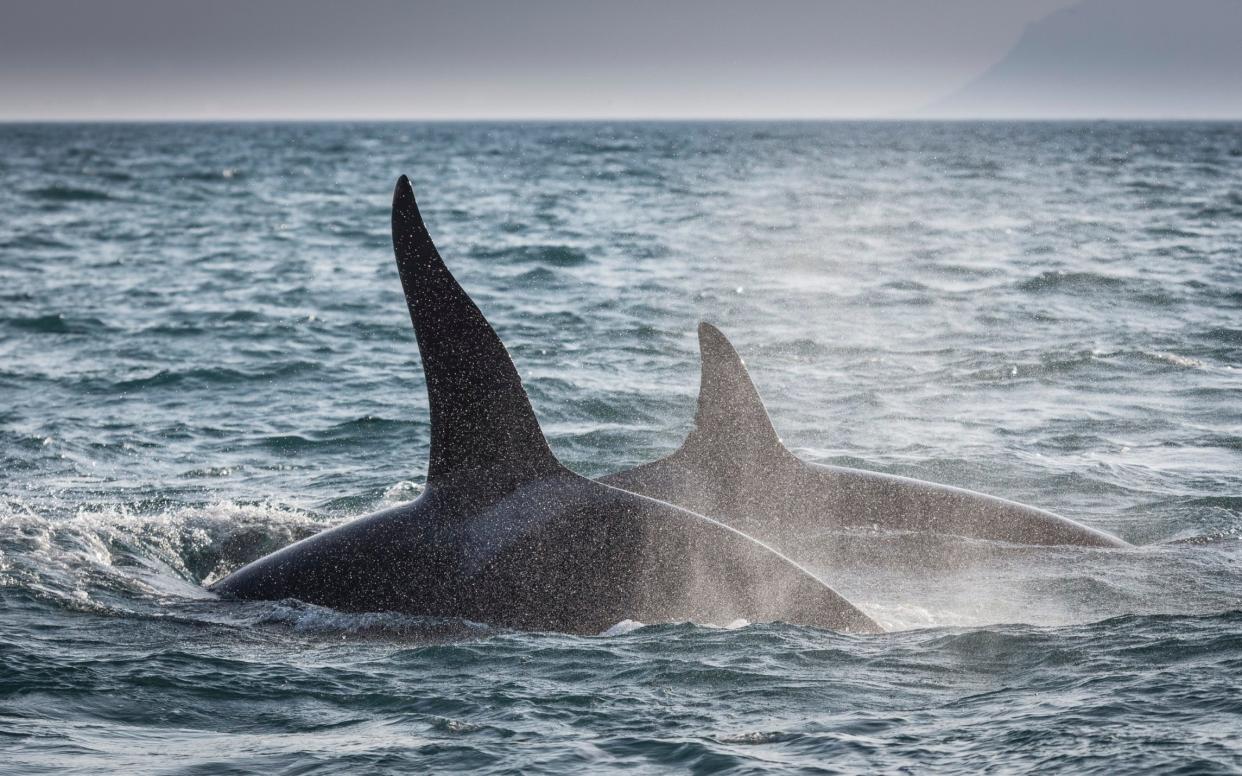Couple rescued after killer whales sink yacht

Killer whales attacked and sank a couple’s yacht in the Strait of Gibraltar, Spain’s maritime rescue service said.
The two people issued an emergency call from a position about 14 miles off Morocco’s Cap Spartel and had to be rescued on Sunday morning after a group of orcas started smashing into their sailboat.
Water started flooding the boat after the orcas broke the rudder and punched a hole in the hull.
Rescuers scrambled a helicopter and the sailors were picked up by an oil tanker about an hour after the attack began, while their 15-metre-long yacht eventually sank.
It is the latest example of behaviour that has confused scientists and seen hundreds of vessels rammed in the area over recent years.
The incident adds to close to 700 interactions between vessels and orcas in or around Spanish coastal waters, according to records kept by the Atlantic Orca Working Group (GTOA), combining instances in which the animals approach boats and smash into them.
Vessels have suffered damage in about 20 per cent of these interactions, which involve orcas from a family of 15 individuals known to scientists as “Gladis”.
One individual, called White Gladis, is an adult orca that scientists have observed apparently leading younger whales to boats to initiate interactions.
While experts do not believe the orcas are intentionally trying to destroy boats, the reasons for the attacks remain a mystery.
Alfredo López, a spokesman for the GTOA, said: “They don’t steam in directly to attack and sink the boat, which they could do if they wanted.”
Sailors have described how the orcas circle boats and launch what look like “coordinated attacks”, prompting speculation that the orcas may be responding to negative experiences from colliding with vessels or being targeted by fishermen with whom they compete to catch bluefin tuna, their preferred diet.
But a study of such ramming incidents undertaken by Spain’s CIRCE cetacean observatory suggested that the orcas may be seeking to get a thrill from swimming close to ships’ propellers. When they encounter a craft without a moving propeller, the orcas bang into rudders or the hull as if seeking to prompt movement.
In the event of an incident, sailors have been advised to keep motors running and head for shallower coastal waters.

